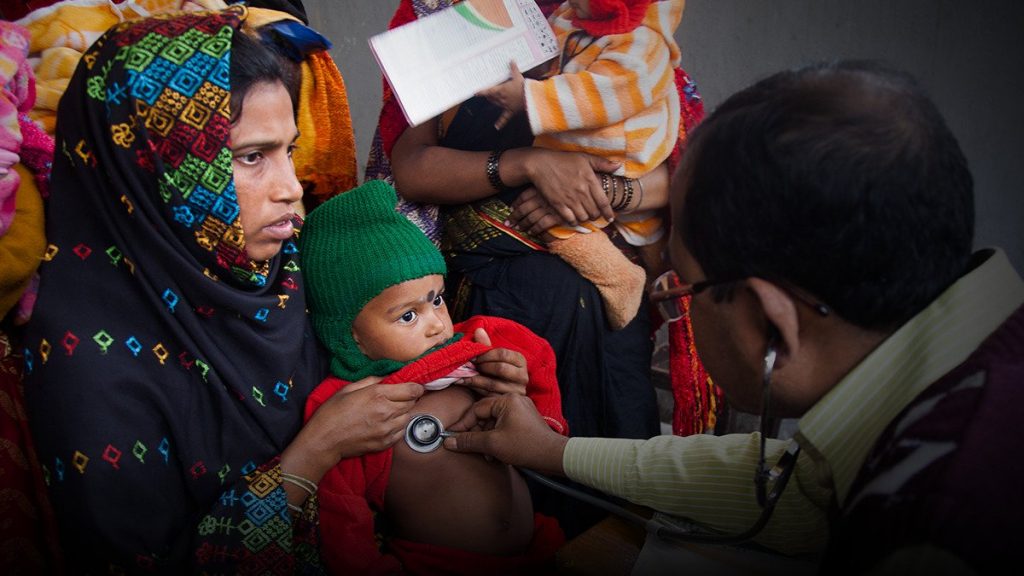
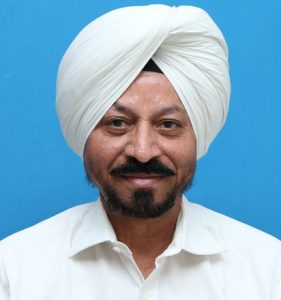
The Government of India has undertaken multiple measures to provide the best healthcare services possible across the length and breadth of the country. Every citizen has the fundamental right to avail of health facilities. However, a chronic shortage of medical professionals, hospital beds, adequate testing facilities, and a lack of awareness of health and hygiene are critical impediments to achieving the goal of equitable healthcare in rural communities. It is worst amongst vulnerable groups such as the elderly and women, and individuals with a low level of education. Women from these communities are strongly affected by gender stereotypes which have implications concerning accessing healthcare and even voicing their health issues.
According to the Rural Health Statistics 2019-20 of the Ministry of Health and Family Welfare, 8 per cent of the Primary Healthcare Centres (PHCs) do not have doctors or medical staff, 39 per cent do not have lab technicians, and 18 per cent PHCs do not even have a pharmacist. Ideally, residents should be able to conveniently and confidently access primary care, behavioural health, emergency care, and public health services.
Initiatives such as improving healthcare infrastructure in remote regions, providing health-related education, and implementing nutrition-related programmes have been instrumental in widening the penetration of quality healthcare in rural India. Corporate Trusts have also been equally responsible for bridging the healthcare gap across the country. They have stepped in to be change agents for driving positive changes in the rural communities. It is high time to redefine rural healthcare and make determined sustainable efforts, bringing together the government’s authority and innovative solutions from Corporates and NGOs, especially in tribal belts and inaccessible areas.
Defining the Right to Health
The Right to Health is not limited to access to hospitals and healthcare facilities. It is an inclusive entitlement that includes a gamut of health benefits. Safe drinking water, adequate sanitation, nutrition, proper housing, and health-related education are crucial aspects of healthcare. The rural population has long been fighting with challenges of various infectious diseases, and the pandemic has further added to the existing woes. Patients in remote areas travel long distances to avail of primary healthcare services. Apart from the economic suffering, it also adds to the emotional burden of the already famished society.
Untrained healthcare providers in rural areas are ill-equipped to handle the outbreak of any infectious disease or any health emergency.
Health workers at the grassroots level play an important role in driving the message home in the rural hinterlands. However, there is significantly less participation and ownership from rural families and community members in bringing a change in the quality of health. The rural education system might not be very effective in educating the people about healthcare, disease prevention and the importance of timely availing of healthcare services.

Initiatives such as improving healthcare infrastructure in remote regions, providing health-related education, and implementing nutrition-related programmes have been instrumental in widening the penetration of quality healthcare in rural India. Corporate Trusts have also been equally responsible for bridging the healthcare gap across the country. They have stepped in to be change agents for driving positive changes in the rural communities. It is high time to redefine rural healthcare and make determined sustainable efforts, bringing together the government’s authority and innovative solutions from Corporates and NGOs, especially in tribal belts and inaccessible areas.
Evolving Role of Corporate Interventions in Improving Access to Healthcare
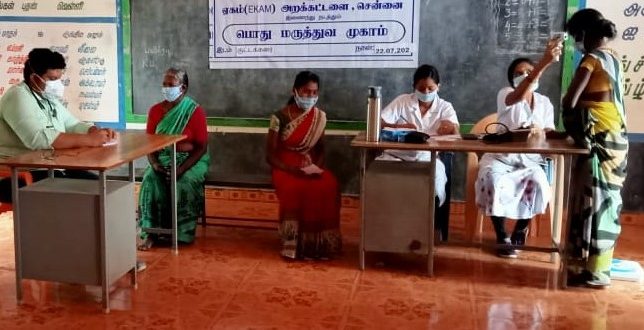 One such example is the Corporate Trust of a leading two-wheeler company that has been actively working towards improving the healthcare infrastructure in rural areas while ensuring every individual has access to medical facilities in remote villages. During the first lockdown in 2020, a tribal
One such example is the Corporate Trust of a leading two-wheeler company that has been actively working towards improving the healthcare infrastructure in rural areas while ensuring every individual has access to medical facilities in remote villages. During the first lockdown in 2020, a tribal 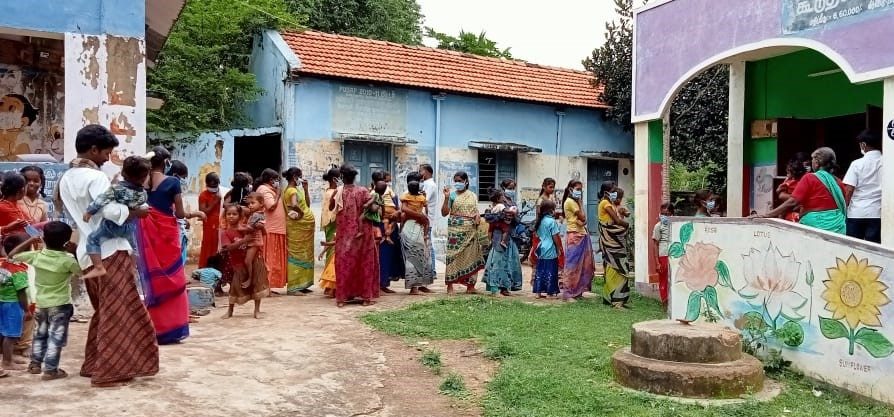 group from the Javadhu Hills in TamilNadu were hesitant to undergo COVID tests fearing stringent quarantine rules. After convincing the tribes about the importance of the test and destigmatising the situation for them, a shocking revelation of many other health ailments was detected. Following this,
group from the Javadhu Hills in TamilNadu were hesitant to undergo COVID tests fearing stringent quarantine rules. After convincing the tribes about the importance of the test and destigmatising the situation for them, a shocking revelation of many other health ailments was detected. Following this, 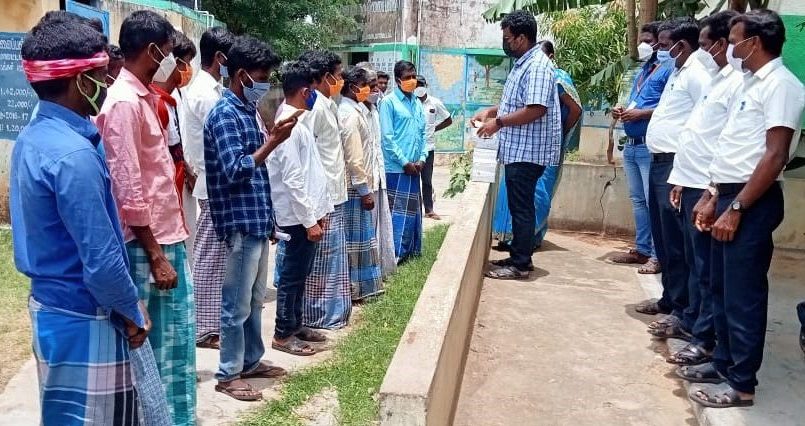 the Trust’s CSR team, in collaboration with Ekam Foundation, organised seven general health camps across different locations. Six hundred and sixty-seven tribal villagers were beneficiaries of the camp. During the second wave, the Trust conducted five camps benefiting 522 tribal villages.
the Trust’s CSR team, in collaboration with Ekam Foundation, organised seven general health camps across different locations. Six hundred and sixty-seven tribal villagers were beneficiaries of the camp. During the second wave, the Trust conducted five camps benefiting 522 tribal villages.
Corporate initiatives can help identify sustainable solutions to the health woes of several vulnerable groups. Collective thinking and continued commitment from businesses will significantly enhance access to comprehensive healthcare facilities. The most important part is the involvement and intent of the local community members to adopt the changes that will help improve the quality of life.
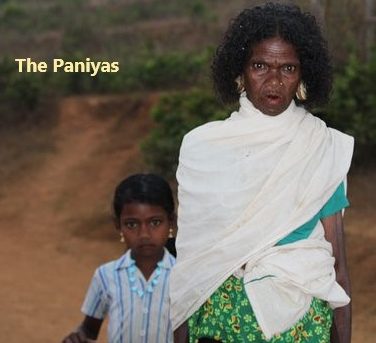
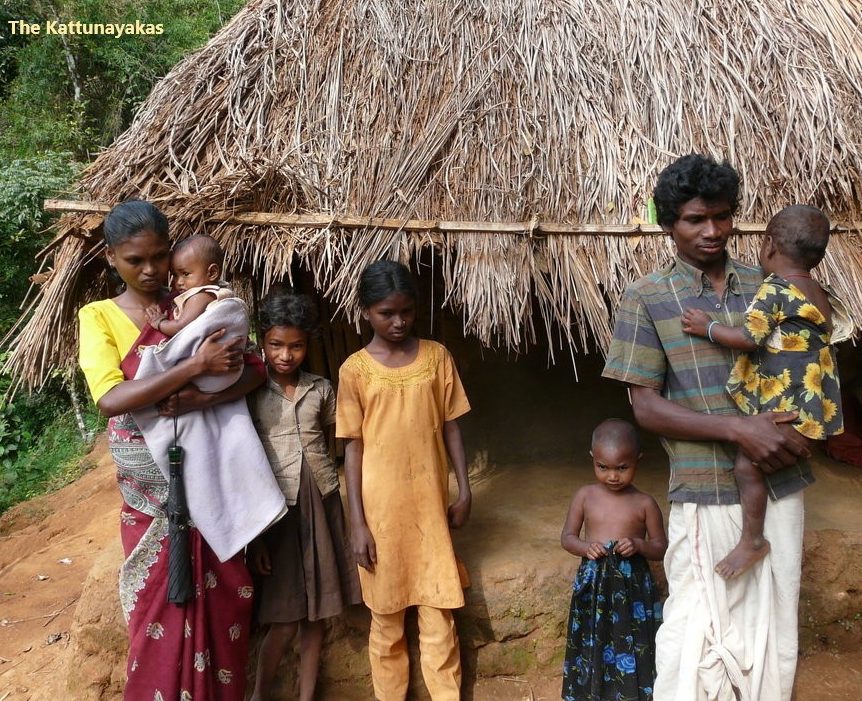 The Trust has also taken a keen interest in working with the tribes of the Nilgiri Hills. The Irulas, Kurumbas, Thodas and Kothars are the tribal groups living in the Kotagiri region, while the Paniyas and Kattunayakas live in the Gudalur region. The Paniyas and Kattunayakas are some of the most marginalised tribal groups vulnerable to health issues due to a lack of access to health facilities and proper nutrition. The Trust is working in 56 villages in Gudalur and 103 tribal villages in the Kotagiri block of Nilgiris District.
The Trust has also taken a keen interest in working with the tribes of the Nilgiri Hills. The Irulas, Kurumbas, Thodas and Kothars are the tribal groups living in the Kotagiri region, while the Paniyas and Kattunayakas live in the Gudalur region. The Paniyas and Kattunayakas are some of the most marginalised tribal groups vulnerable to health issues due to a lack of access to health facilities and proper nutrition. The Trust is working in 56 villages in Gudalur and 103 tribal villages in the Kotagiri block of Nilgiris District.
Another year-long project undertaken by the company to eradicate malnutrition was providing supplementary nutrition food kits like ragi, samai, thinai, kambua and groundnut every fortnight. Further, they also ran general health camps along with orthopaedic and eye camps with the support of the Health Department, and 7,108 beneficiaries received necessary treatment. Some of the prominent check-ups were cataract, glaucoma, cornea, haemoglobin and lipid profile tests, blood pressure tests, blood group tests, HIV diagnosis and providing consultation. A midline survey conducted by the Trust showed a 20-30 per cent rise in the haemoglobin levels of recipients. Furthermore, the study revealed that 2,371 benefited from the eye check-up camp. Five hundred and sixty-six beneficiaries were provided with vision glasses, and 75 people underwent cataract surgery. The Trust also focused on improving primary healthcare by supporting primary healthcare centres in these villages.
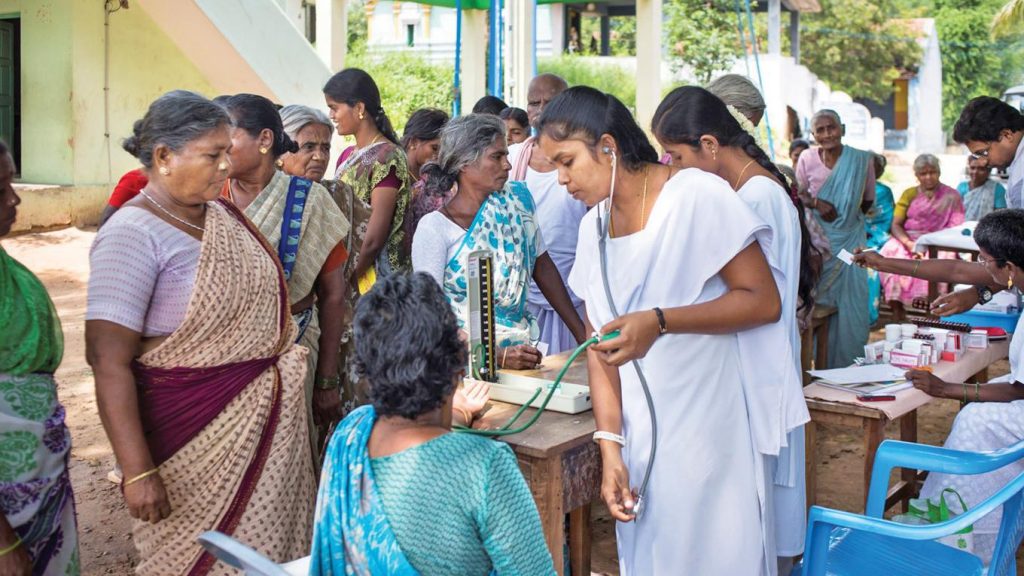
Corporate initiatives like these can help identify sustainable solutions to the health woes of several vulnerable groups. Collective thinking and continued commitment from businesses will significantly enhance access to comprehensive healthcare facilities. The most important part is the involvement and intent of the local community members to adopt the changes that will help improve the quality of life.

